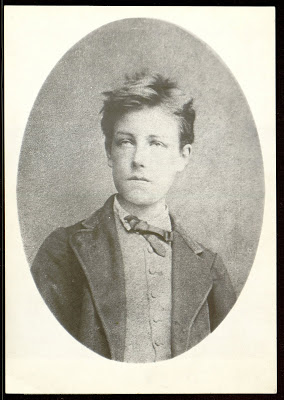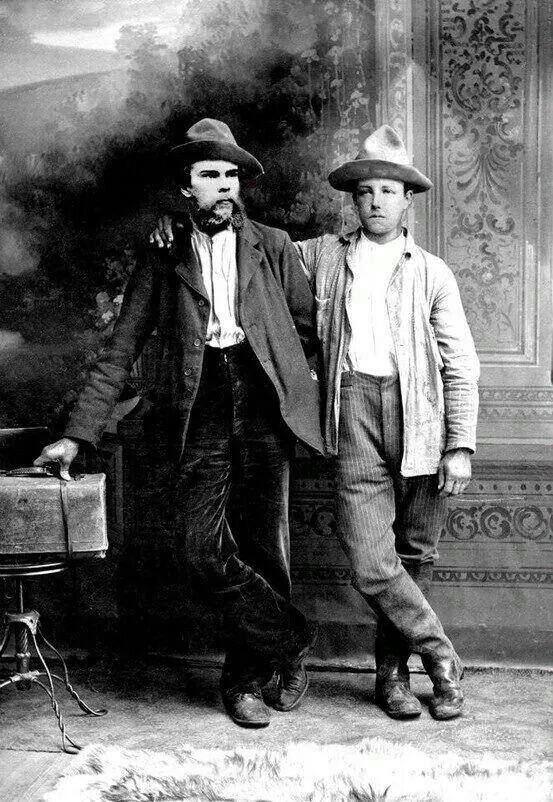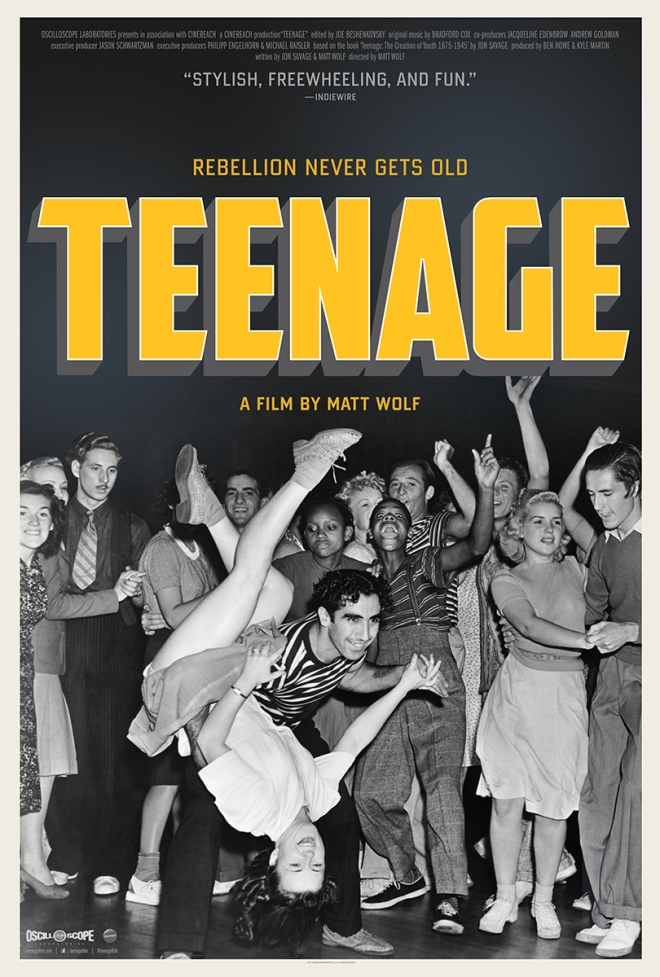From Jon Savage’s Teenage – The Creation of Youth Culture:
 Rimbaud was the poet of France’s darkest days. During the winter of 1870-71, Arthur Rimbaud lived on the front line of the Franco-Prussian War, in the small town of Charleville near the Belgian border. On New Year’s Eve, his family sheltered in their house while Prussian shells pounded the nearby medieval fortress of Mézières, just across the river Meuse from Charleville. At the age of 16, Rimbaud was surrounded by the detritus of war: maimed soldiers, smashed cities, disfigured landscapes.
Rimbaud was the poet of France’s darkest days. During the winter of 1870-71, Arthur Rimbaud lived on the front line of the Franco-Prussian War, in the small town of Charleville near the Belgian border. On New Year’s Eve, his family sheltered in their house while Prussian shells pounded the nearby medieval fortress of Mézières, just across the river Meuse from Charleville. At the age of 16, Rimbaud was surrounded by the detritus of war: maimed soldiers, smashed cities, disfigured landscapes.
He reveled in the destruction. “I saw a sea of flames and smoke rise to heaven”, he later wrote, “and left and right all wealth exploded like a billion thunderbolts.” As the second son of a French army colonel who had deserted the family ten years earlier, Rimbaud had more than enough reason not to love the military. When his older brother Frederick enthusiastically enlisted, he found it “contemptible”; after France had been defeated, he went around Charleville telling everyone how lucky his country was. It was as though the downfall of France had set him free.
At 16, Rimbaud was the archetypal provincial youth who had long outgrown his family and his hometown. He couldn’t wait to get away. The chaos created by the Franco-Prussian War externalized his internal fury and gave him an opportunity to test himself. That winter, he ran away from home and, somewhere amid the wasteland of the Prussian front line, he experienced a revelation: “Along the open road on winter nights, homeless, cold, and hungry, one voice gripped my frozen heart: ‘Weakness or strenght, you exist, that is strenght.’ “
Two months later, Rimbaud saw his fantasies become real, as the capital city’s poor rose up with thousands of students and workers in the short-lived Paris Commune. For a brief period in April and May 1871, anarchists were in charge of the capital, and young poets ran the police force. Rimbaud was one of only thousands of young vagabonds who flocked to revolutionary Paris like moths to a flame: so many that the Commune formed two battalions from their numbers, the “Pupilles de la Commune” and the “Enfants Perdus”.
Although the Commune was smashed within weeks of Rimbaud’s visit, the 16-year-old took away the sense of liberation that he had experienced and determined to apply it to his own work and life. The two would become indivisible. On May 13, 1871, he wrote his friend Paul Demeny, “The problem is to attain the unknown by disorganizing all the senses. The suffering is immense, but you have to be strong, and to have been born a poet.”
For Rimbaud, poetry was a mystical calling. He followed the visionary dark line that began with the Romantics and passed through Edgar Allan Poe and Charles Baudelaire to its conclusion. After 1871, his poems were full off revolutionary turmoil, antibourgeois invective, pagan mysticism, and wild prophecies all melded together into a consistent cosmology. Above all, his visions were apocalyptic: “This is the time of the sweat bath, of oceans boiling over, of underground explosions, of the planet whirled away, of exterminations sure to follow.”
* * * *
You might also enjoy
TEENAGE
A film by Matt Wolf
Based on the book by Jon Savage
“Teenage: The Creation of Youth Culture (1875-1945)”
Download: http://bit.ly/U775zv (torrent)
“Teenagers didn’t always exist. They had to be invented. As the cultural landscape around the world was thrown into turmoil during the industrial revolution, and with a chasm erupting between adults and youth, the concept of a new generation took shape. Whether in America, England, or Germany, whether party-crazed Flappers or hip Swing Kids, zealous Nazi Youth or frenzied Sub-Debs, it didn’t matter – this was a new idea of how people come of age. They were all “Teenagers.”
A hypnotic rumination on the genesis of youth culture from the end of the 19th century to the first half of the 20th, TEENAGE is a living collage of rare archival material, filmed portraits, and diary entries read by Jena Malone, Ben Whishaw, and others. Set to a a shimmering contemporary score by Bradford Cox (Deerhunter / Atlas Sound), TEENAGE is a mesmerizing trip into the past and a riveting look at the very idea of “coming-of-age.”



Reblogged this on My Desiring-Machines.
LikeLiked by 1 person
This is largely innacurate. E.g. anarchists were only a faction of the many people involved in the commune, in fact they weren’t a majority (see Proudhonians), and the police force was led by Rigault, who was far from a “young poet”. Etc. Let us not invent history to fit our personal narratives.
LikeLike